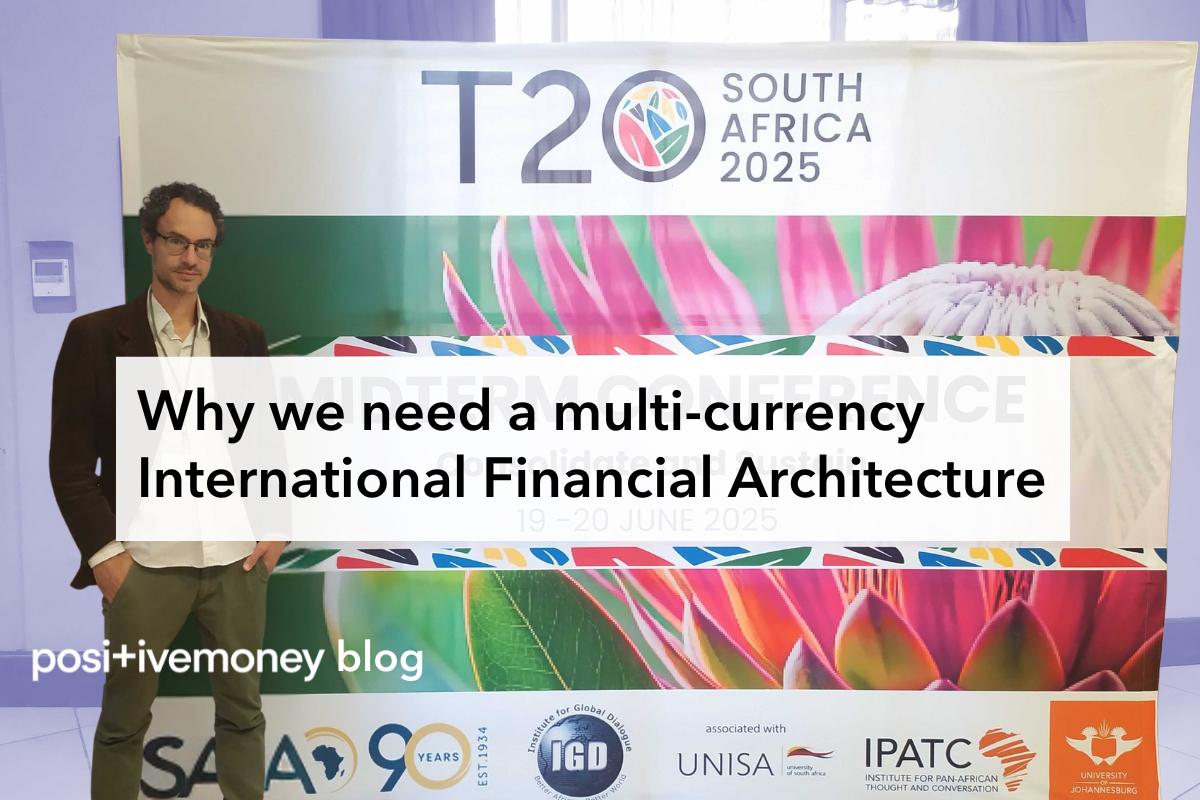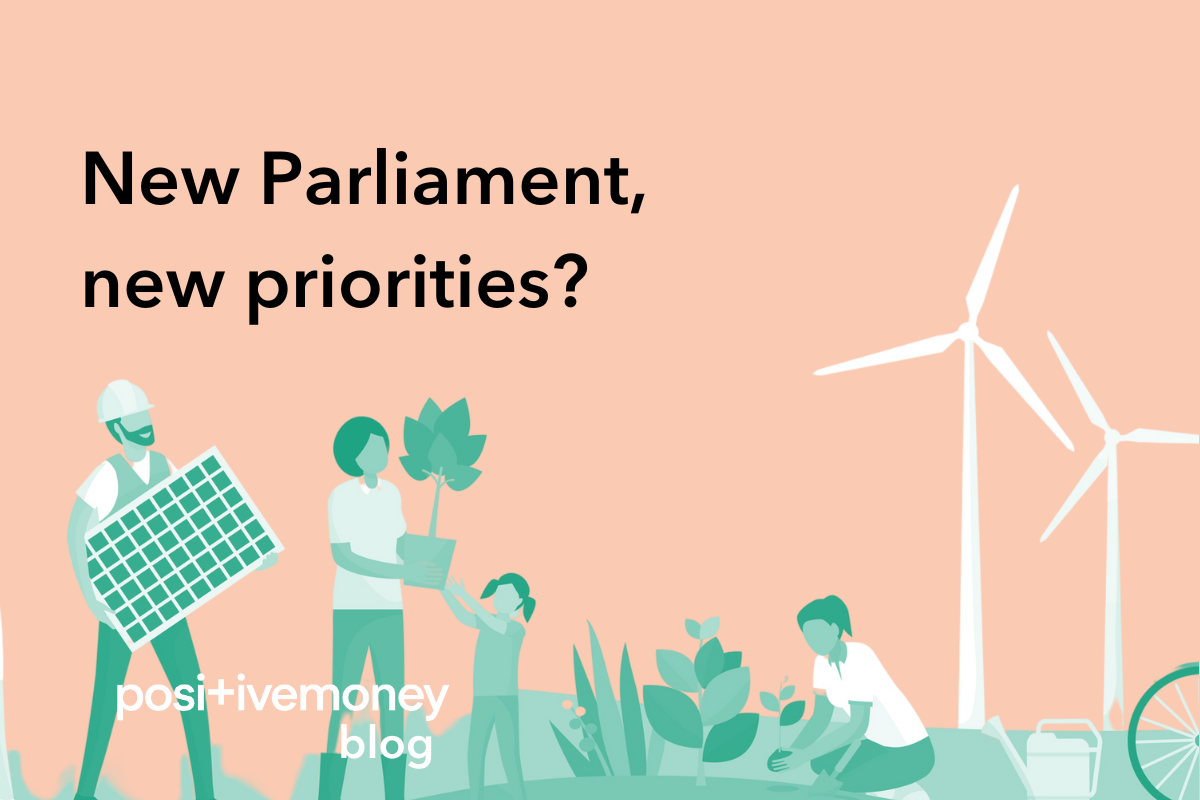
EUUK
3 July 2025
Why not make use of this post-election lull to take a step back and have a look at what the future of the Parliament could look like?
The month of August is a quiet one in Brussels. Members of the European Parliament (MEPs) are taking their summer holiday this year having reappointed Ursula von der Leyen as president of the European Commission. The various specialised committees are now in place and will begin their work in September. Why not make use of this post-election lull to take a step back and have a look at what the future of the Parliament could look like? It’s also the perfect time to set priorities for a greener and fairer Europe in this new 5-year mandate.
Election forecasts are a complex science, but the predictions made for June’s European parliamentary elections actually came true. We saw a substantial number of newly elected far-right politicians join the institution, while liberals and greens faced serious losses compared to the previous mandate. Centre-right conservatives and social democrats have, for their part, maintained their status as the first and second largest groups, respectively.
What this means for the political balance of power within the Parliament has been made clear after the first plenary session was held in Strasbourg in July. Firstly, the traditional “grand coalition” of centrist parties (EPP, S&D and Renew) now has a much slimmer majority. Ursula von der Leyen had to include the Greens in her coalition talks to ensure sufficient support for her re-election. Even then, the centre will, more often than not, have to rely on support from the far left or right (ECR) to pass legislation. Secondly, and perhaps more importantly, there is no longer an alternative progressive majority spanning from the left to the liberal groups. The EPP group is the kingmaker now, as opposed to the liberal Renew group previously.
The most immediate consequence of this new balance of power will be more unpredictable votes. In this new mandate, laws could again be adopted or rejected by only a handful of votes, despite compromise agreements – in the way that the Nature Restoration Law was passed with a razor-thin margin earlier this year. This situation puts crucial and forward-thinking laws into jeopardy, as we risk seeing more and more of them being rejected at the very last stage - and after years of work.
To avoid scenarios like these, MEPs will likely try harder to achieve a broad consensus across political lines. Historically, however, heavy compromise has resulted in much weaker laws. ‘Mandatory’ becomes ‘voluntary’, exceptions add on to loopholes, and fossil fuel and big bank lobbyists get their way.
What is more, compromises in this polarised political context look even more difficult than before. Conservative politicians have repeatedly stated their wish to pivot away from climate and environmental legislation to focus on economic growth instead. And as evidenced by their manifestos, reducing income and wealth inequalities is very far from being on the agenda. Progressive lawmakers, on the other hand, believe that we need to be more ambitious than ever on these issues.
However, we believe there’s no need for this divide: climate, inequality and competitiveness can all be pursued together. The green transition is an opportunity to boost EU competitiveness by investing in industries like renewable energy, as well as housing, infrastructure and new technologies. These investments, which could become part of the EU’s monetary policy as we advocate, would bring us closer to net-zero, as well as create growth and employment for EU citizens.
The political equilibrium within the European Parliament also matters in a more direct way. Laws are largely created and negotiated in specialised committees, and the composition of these committees has to reflect the balance in the Parliament at large. This means that the political groups have the same proportion of members within committees as they do in the Parliament as a whole.
The committee dealing with economic and monetary affairs, aptly named ECON, is looking to take up a number of relevant files after the summer break. Below are the ones that we will be following closely.
The first one will be the digital euro regulation, which would allow the European Central Bank (ECB) to create a digital equivalent to euro coins and banknotes for all EU citizens to use. While only in its preparatory phase, this legislation will be an important step towards greater public access to payment services and would enhance citizens’ trust in our monetary system.
The second topic to follow will be the further development of the Capital Markets Union (CMU). The stated goal of this project is to unify the various European financial markets to boost investment across the Union. This has great potential, in particular for the ecological transition that currently faces a monumental investment gap. However, the CMU has been in the works for years already. Leaders are trying to refresh the concept and give it a more appealing name for citizens by moving towards a Savings and Investment Union (SIU). Even if this is realised, this framework will only be a tool. Investment will then have to be guided to where it is most needed: decarbonisation of industry, housing, transport and so on.
Finally, the ECON committee holds quarterly meetings with the president of the ECB – so-called ‘Monetary dialogues’ – to question and discuss the bank’s policies. It also gives its opinion on the ECB’s report of activity every year and can address written questions to members of its Governing Council. These are all important tools to hold the ECB democratically accountable and ensure that it supports the Union’s objectives – which include sustainable development and social cohesion (among others).
Other than the ones carried over from the previous mandate, most legislative files are yet to be announced. Some will come up during the hearing of the new Commissioner for finance at the end of September. We therefore hope to see a continuation of the efforts to make the banking and financial sector sustainable, and leveraging its power to fund the green transition. There is also huge potential to make the ECB work towards this same goal, as well as using monetary policy to reduce inequality.
Let us hope that lawmakers come back from their summer holidays with a renewed willingness to act for our common future. We will be there to remind them of this responsibility.
